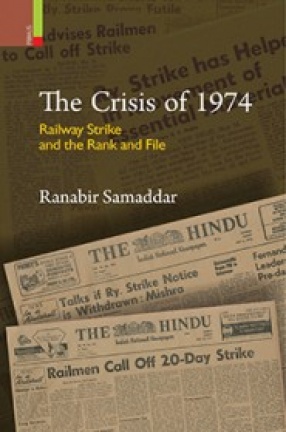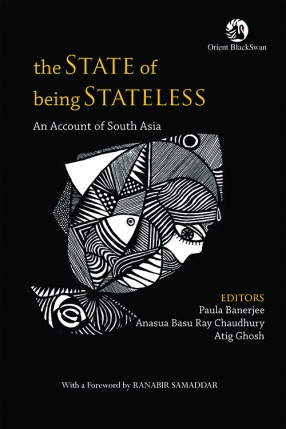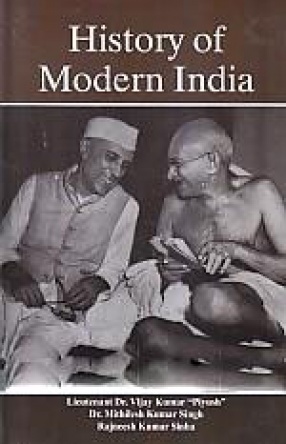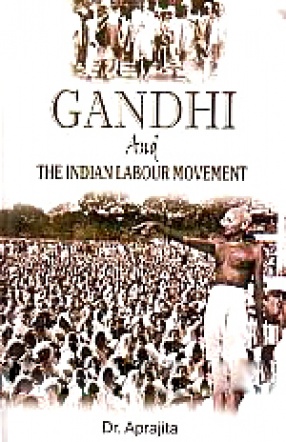This book on the Indian Railway Strike of 1974 looks at the history, the role of the rank and file in the strike, and the fate of the strike itself. Even as one of the most distinctive aspects of the strike was the autonomy of the rank and file, the significance of the struggle had much to do with the nature of the time. The country was in the midst of a general political crisis, sections of the peasantry were in revolt, and there were expressions of solidarity from the industrial working class. However, the strike leadership was not resolute and decisive, and failed the rank and file. In the absence of a political vanguard, the uprising was left without a determined subject. The railwaymen did not transform India, but established for the first time in the political history of post-independence India the autonomy of the political practice of masses. Suddenly, the strike had opened up a vision whose infinite nature unnerved both the party or order and the parties of constitutional opposition.
The State of Being Stateless: An Account of South Asia
State lessness is defined as ...
$37.80
$42.00








There are no reviews yet.